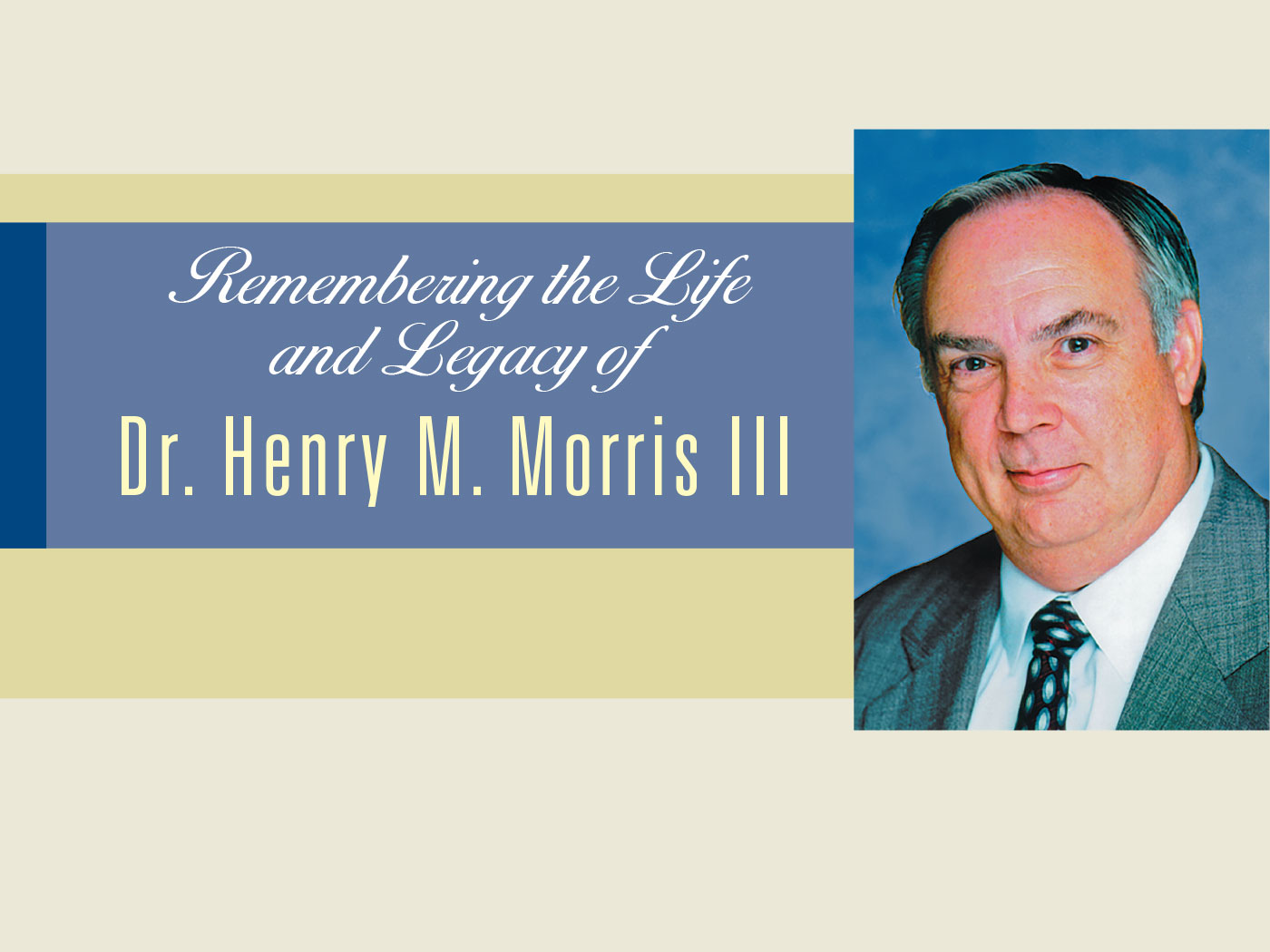Search Tools
New Defender's Study Bible Notes
22:18 the words. Note the importance of the words! The conveyance of precise thoughts requires the use of precise words. Only the doctrine of verbal inerrancy adequately expresses the true nature of Biblical inspiration. This warning at the end of the book of Revelation (in fact, the end of the Bible) stresses the necessity of literal interpretation. Actually, a literal interpretation is not an interpretation at all, for it takes the words at face value, assuming that the Holy Spirit (using the thoughts and abilities of the human writer whose words He inspired) was able to say exactly what He meant to say. Any kind of allegorical or figurative interpretation of those words (unless directly indicated as required in the context) assumes that the interpreter knows better than the Holy Spirit what He should be saying, and such an attitude is presumptuous, if not blasphemous.
22:18 this book. The word “book” here is the Greek biblion (in Revelation 22:19 it is biblos). This, of course, is where the “Bible” got its name. Here John warns, first of all, against adding to the prophecies given in the book of Revelation. In a broader sense, however, he would warn against adding to the Bible itself, for he was the last of the apostles, and Jesus had in effect told His apostles that He would send the Holy Spirit to bring all things to their remembrance, to guide them into all truth, and to reveal to them things to come (John 14:26; 15:26). Also, the Apostle Paul had written that the church would be “built upon the foundation of the apostles and prophets,” and that the truths of the New Testament would be “revealed unto His holy apostles and prophets by the Spirit” (Ephesians 2:20; 3:5). That “foundation” of divine revelation has been laid in the apostolic era, and thus need not be laid again. Furthermore, Paul had said that the gift of prophecy would cease once “that which is perfect [or ‘complete’] is come” (I Corinthians 13:8, 10). There can be little doubt, therefore, that John’s warning in this vitally important verse at the end of the Bible, applies to any new revelation. Both Christ and the apostles repeatedly warned against false prophets, and here—and only here—is the criterion by which to recognize such.
22:19 take away from the words. Even more serious a crime than adding words to the Bible (as many cults have presumed to do) is that of taking away from its words (as numerous liberal theologians have done). Taking human reason with its evolutionary presuppositions as their guide instead of Biblical authority, the cultic and liberal approach has tried to undermine every book of the Bible, especially the foundational book of Genesis and the consummational book of Revelation. As the Apostle Peter had already warned, they deny or allegorize “the promise of His coming” by their willing ignorance of the supernatural creation of the world in the beginning and its later cataclysmic destruction by the great Flood (II Peter 3:3-6). These assumptions, they think, give them license to “wrest…the Scriptures” however they please, but it can only be “unto their own destruction” (II Peter 3:16). It is very dangerous for believers to be influenced by either cultists or liberals (note II Peter 3:17), but it is deadly for one to become a leader or teacher of such things.

















